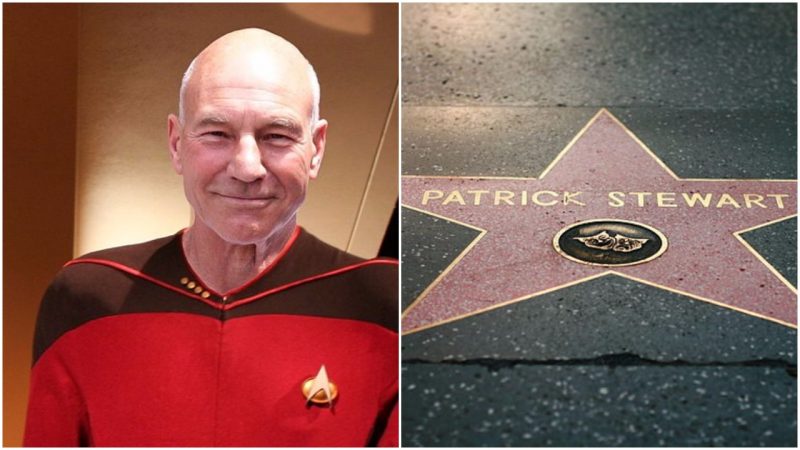“Oftentimes, life really is a frontier, a mission to explore strange new worlds, and boldly go where no man has gone before.” These are the very words that actor Patrick Stewart says during the intro to each Star Trek: The Next Generation episode, yet they also describe the man himself.
Coming on board the Star Trek series had certainly been a bold new world for the British actor – it really was a place where he had not gone before, and where he certainly managed to achieve something beyond excellence.
When Patrick Stewart signed the contract for Star Trek: The Next Generation, he and his agent believed that the new TV show would quickly fail, and it was expected that Patrick would return to his regular life on the stage in London after generating some income.
The “unknown British Shakespearean actor”
Patrick Stewart started out his career as an actor when he became a member of the Royal Shakespeare Company in 1966, following a period with Manchester’s Library Theater.
He remained with this company all the way to 1982. As an associate artist and collaborator for this company, Patrick would regularly take Shakespearean roles. A more prominent one was his appearance as Horatio, alongside Ian Richardson as Hamlet, in an episode of an old TV series called “The Civilization“.
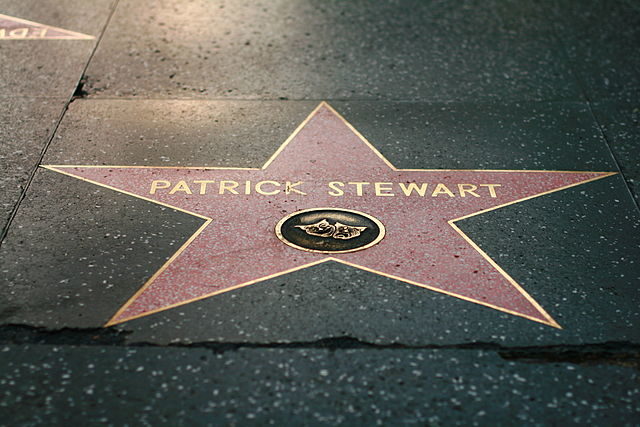
Another notable moment was his Broadway debut, where he took on the role of Snout in A Midsummer Night’s Dream. Apparently, Shakespearean roles were a specialty for Patrick Stewart, but he rarely played a leading role.
The audiences could still see him as Vladimir Lenin in Fall of Eagles or as Sejanus in I, Claudius. He also starred as the character Gurney Halleck in David Lynch’s version of Dune in 1984.
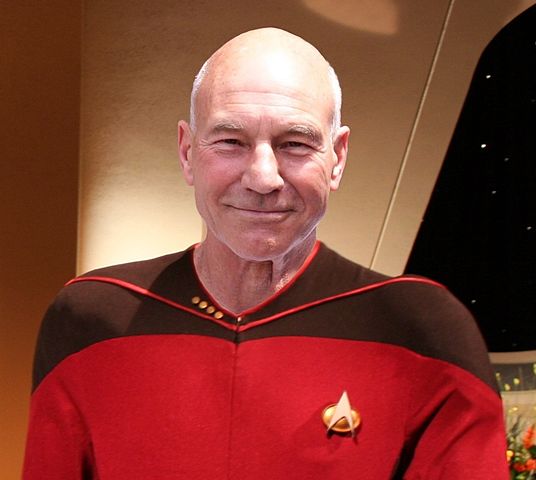
In general, Stewart preferred classical theater to other genres – hence the roles he used to take on were natural to him. But in 1987, he accepted a role that would change everything. He agreed to come to Hollywood and work on the revival of the old and iconic science-fiction television show, Star Trek.
As per somebody who had been completely out of touch with science fiction, and for whom “Star Trek” were only two words from some far-fetched reality, Stewart was skeptical in accepting a role as the lead character.
It was Robert H. Justman, the producer who was to work on the new Star Trek series, who noticed Stewart reading at a literary event at the University of California in Los Angeles, and who immediately had gotten the impression that Patrick would fit perfectly for what Gene Roddenberry imagined to be the main character of the show, Captain Jean-Luc Picard. Justman turned out to be very right indeed.
What can we learn from Patrick Stewart?
At the beginning, Stewart was very reluctant to sign the standard contract of six years. The same feeling overwhelmed his agent, and also other friends with whom Stewart would often consult about career moves.
They really did not have even a slight hope that something great would come out of it.
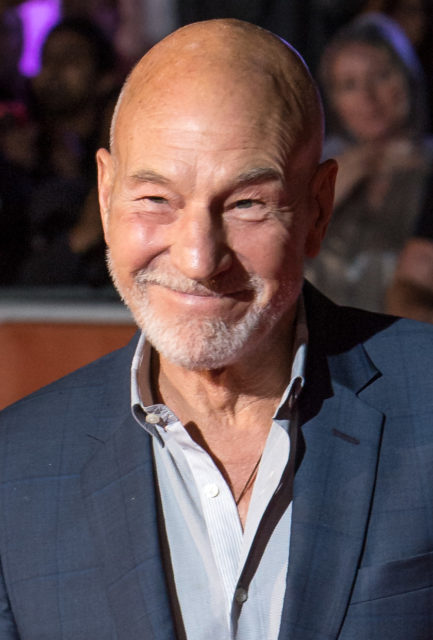
And that’s how it all started. He really started out as the “unknown British Shakespearean actor”, as The Los Angeles Times described him at the time. Nevertheless, as the first season was moving to its finale, the show only grew in popularity. In fact, it became one of the highest-rated shows on television.
“It really wasn’t until the first season ended when I went to my first Star Trek convention … I had expected that I would be standing in front of a few hundred people and found that there were two and a half thousand people and that they already knew more about me than I could ever possibly have believed,” remarked Stewart.
On another recollection of his golden days with the Star Trek crew, Patrick stated: “One day, out of irritation, I said, you know all of those years with the Royal Shakespeare Company, all those years of playing kings and princes and speaking black verse, and bestriding the landscape of England was nothing but a preparation for sitting in the captain’s chair of the Enterprise.”
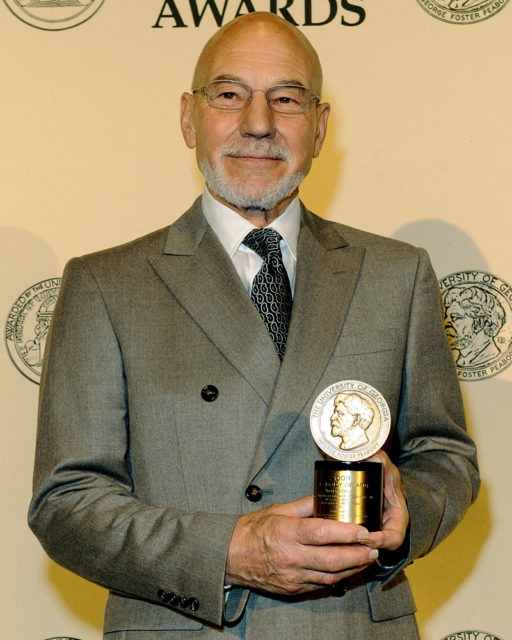
Actress Marina Sirtis, known for her role as Counselor Deanna Troi in the series, has also commented that “at least 50% if not more” of the show’s success had been made possible thanks to him, as everybody saw him as a role model for his professionalism and profound dedication to acting.
It is no doubt that Patrick Stewart’s dedication was of key importance, despite the fact that the actor had never been an expert in science, technology, or futurism. Indeed, it could be said that the opposite was true, if we bear in mind his profound connections with classical Shakespearean characters before the show.
“I’m still trying to work out how to operate the air conditioning unit on my car,” is one of Stewart’s personal funny remarks on his unfamiliarity with the world of technology.
Stewart’s role as Jean-Luc Picard has really had a powerful effect. The show was wildly successful, not only in the 1980s and the 1990s but also with new fans in the decades after.
Its social message, its utopian vision for society, the never-dying hope for humanity and its educational impact have all had a tremendous impact on young viewers. And much gratitude for that goes to the “unknown British Shakespearean actor”.
